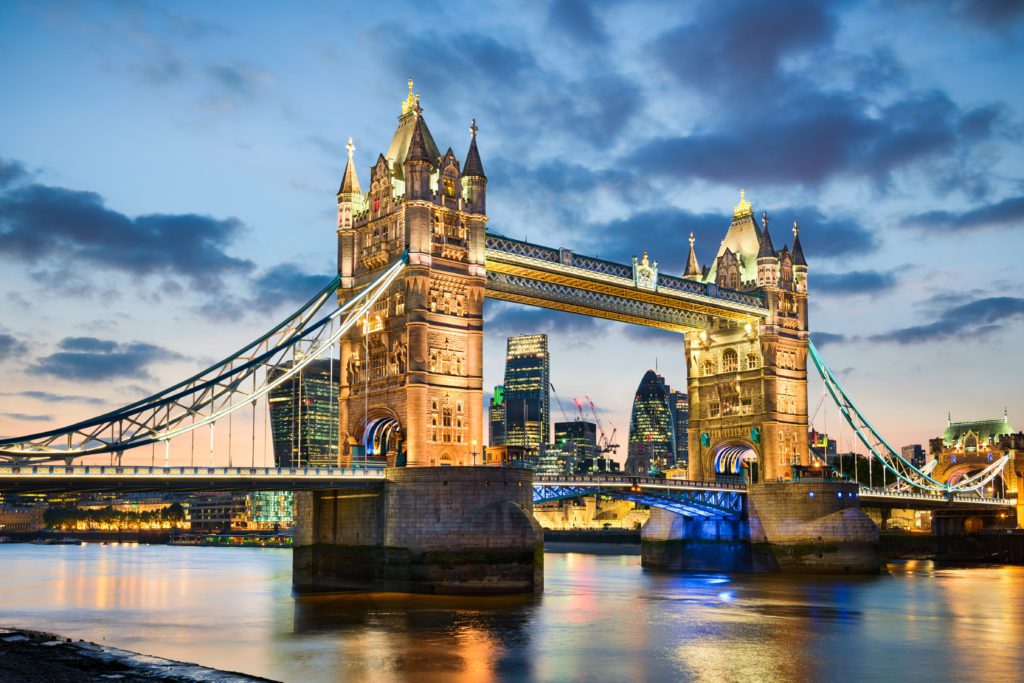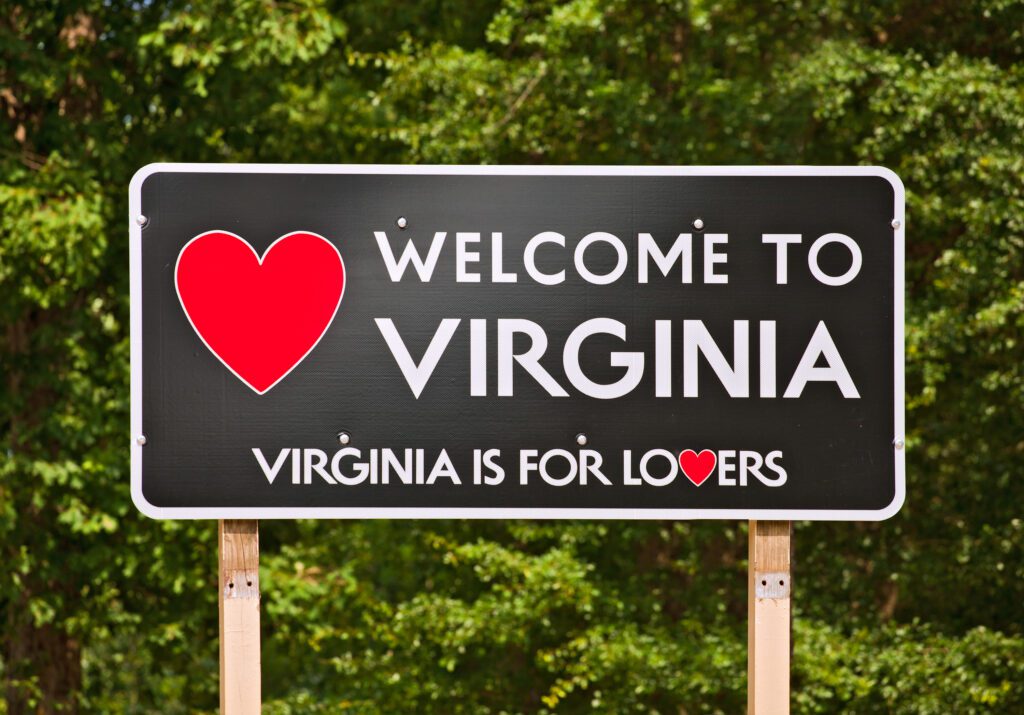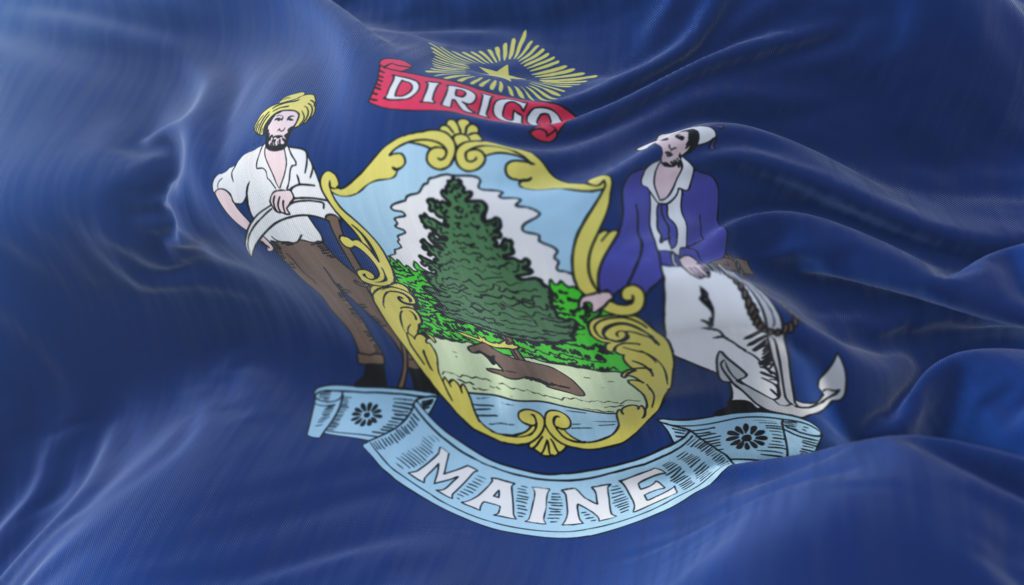
The City of Columbus is drafting a lawsuit against Ohio for the legislature’s recent decision to ban cities from regulating tobacco sales, continuing a long battle between state and city government officials.
Last week, the Ohio Senate followed the House’s lead and voted to override Gov. Mike DeWine’s veto on a provision prohibiting local governments from enacting regulations on the sale of tobacco, including banning flavored tobacco products, according to media reports.
Starting on April 24, when the law goes into effect, cities with flavored tobacco bans will no longer be able to enforce the legislation. Columbus, Grandview Heights, Worthington and Bexley will be among the cities barred from enforcing their flavored tobacco bans.
Columbus City Attorney Zach Klein is now looking to file a lawsuit in response to the veto override.
“The governor was right to veto legislation undermining local efforts to reduce tobacco use and long-term adverse health effects, especially among young people,” Klein said. “Now that Republican lawmakers have chosen to override the governor’s veto, the City is weighing all options, which certainly includes filing a lawsuit challenging this legislative overreach.”
Klein said his office must defend the Ohio Constitution’s home rule authority, which has existed for more than 110 years. Municipal home rule grants cities the constitutional right to establish laws; as long as a rule or regulation doesn’t interfere with the laws in the Ohio Revised Code, cities have the right to make their own policies.
Republican state lawmakers have tried multiple times to prohibit local governments from restricting the sale of tobacco, only to be thwarted by DeWine’s vetoes.
In 2022, he struck down such a proposal. Last July, he struck the provision from the rest of the state budget, saying that local bans were “essential” to curb nicotine use, especially among children, without a statewide ban in place.



















